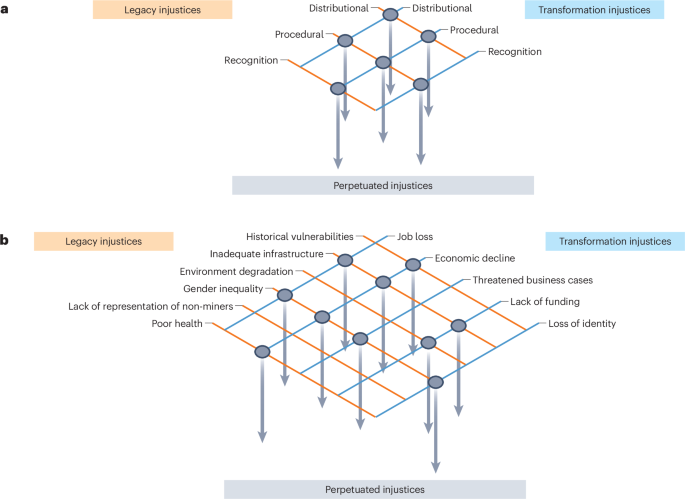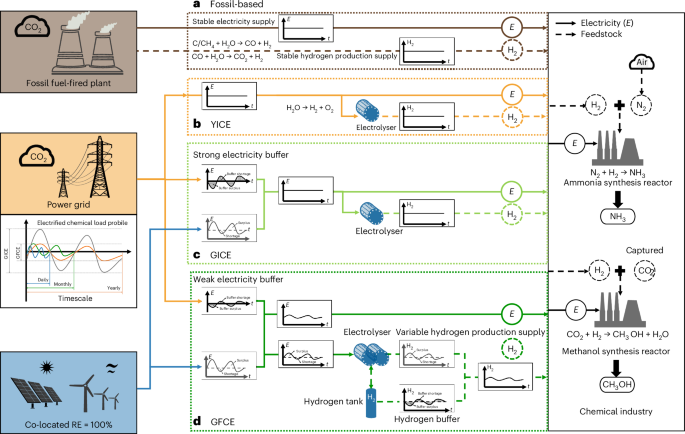The hidden asset that can unlock finance
Warehouse receipts may appear to be administrative paperwork, but they are also powerful financial tools. When issued correctly, a simple warehouse receipt can unlock working capital, build trust in trade transactions, and give banks the confidence to lend. Trade finance is event-driven and events like shipment, delivery, inspection and storage are recorded in documents, many [...] The post The hidden asset that can unlock finance first appeared on Warehouse & Logistics News.

Warehouse receipts may appear to be administrative paperwork, but they are also powerful financial tools. When issued correctly, a simple warehouse receipt can unlock working capital, build trust in trade transactions, and give banks the confidence to lend. Trade finance is event-driven and events like shipment, delivery, inspection and storage are recorded in documents, many of which are issued by warehouses. This is why warehouse operators in the UK need to understand how Supply Chain Finance works and how their clients could benefit from it.
 This is a topic which UKWA discussed at the recent International Chamber of Commerce Conference in London on Optimising Supply Chain Finance, an event which provided the opportunity for delegates, including policy makers, regulators, financiers, treasury professionals and academics to understand the benefits of digital documentation. New Model Laws developed in the UK have the potential to optimise cash flow across global supply chains, especially since 80 percent of world trade is underpinned by English law.
This is a topic which UKWA discussed at the recent International Chamber of Commerce Conference in London on Optimising Supply Chain Finance, an event which provided the opportunity for delegates, including policy makers, regulators, financiers, treasury professionals and academics to understand the benefits of digital documentation. New Model Laws developed in the UK have the potential to optimise cash flow across global supply chains, especially since 80 percent of world trade is underpinned by English law.
Supply Chain Finance allows businesses to access finance by using stored goods as collateral. Instead of waiting weeks or months for payment, exporters can present a trusted warehouse receipt to a bank and receive funds immediately. Take coffee, for example, exported from countries like Ethiopia and Colombia, but traded and consumed in Europe and the United States. The supply chains are long and complex, with goods often sitting in warehouses for months or even years. The ability to transfer ownership without moving the goods depends on secure, reliable warehouse receipts.
Commodity Centre, a UKWA member based in Essex, is a perfect example. As their HSEQ Manager Andy Greaves explained at the Conference, they store coffee and cocoa on behalf of major trading venues like the London Stock Exchange and submit data to the LSE’s Guardian system, a secure platform that tracks warehouse receipts to ensure transparency and traceability. 3PL warehouse operators like Commodity Centre play a crucial role in this supply chain. Their systems and good reputation directly impact their clients’ ability to access finance, so excellent warehousing practices are essential, including accurate, secure receipts.
Thanks to the UK’s Electronic Trade Documents Act (2023), legally valid warehouse receipts can now be issued electronically, with the same legal status as paper. This unlocks faster, safer finance options for traders. With new legal reforms and digital tools in place, warehouse operators have a unique opportunity to be not just service providers, but key enablers of global trade finance. Let your clients know: if they store goods with you, they may already be sitting on financeable assets.
Clare Bottle
UKWA, CEOThe post The hidden asset that can unlock finance first appeared on Warehouse & Logistics News.
























































































































































